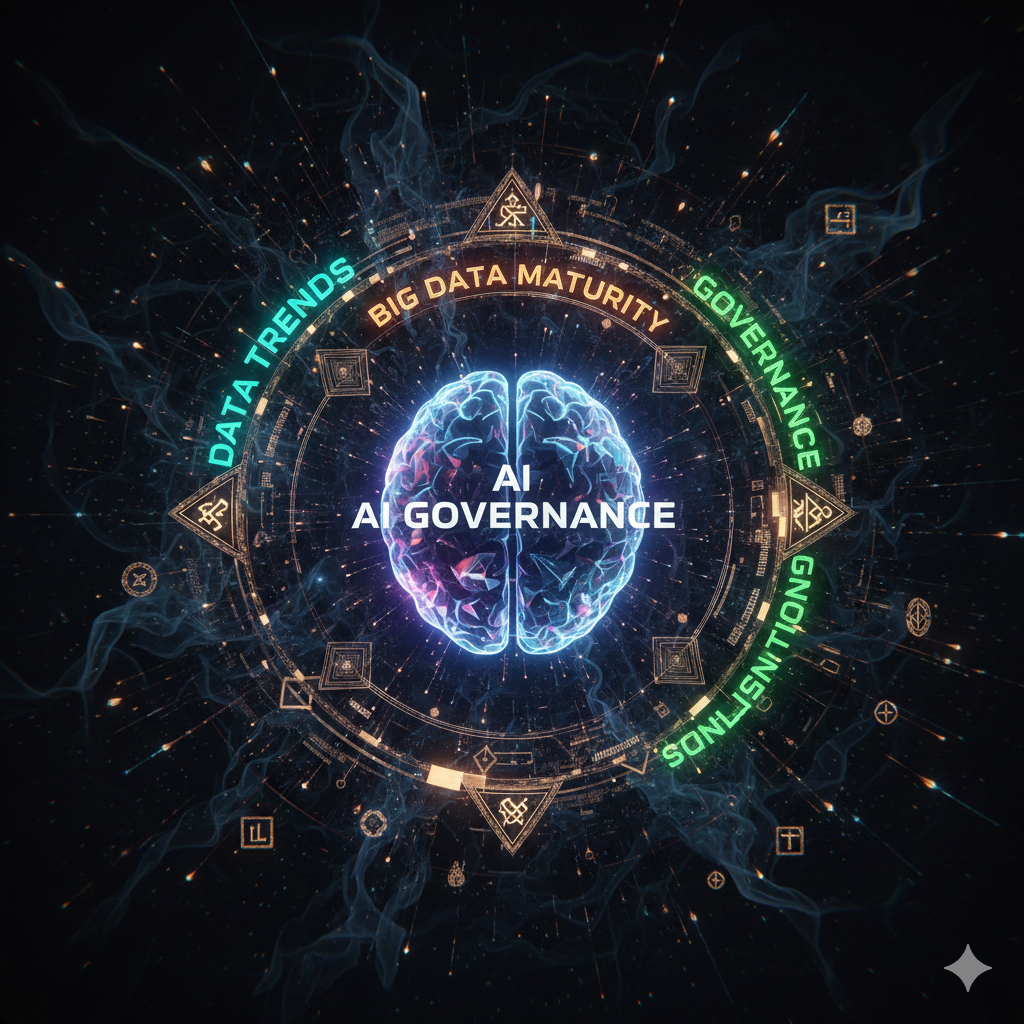Introduction
Artificial Intelligence (AI) is one of the most transformative technological advancements of the 21st century. It refers to the simulation of human intelligence in machines that are programmed to think, reason, and learn from experience. Over the past few decades, AI has evolved from a theoretical concept into a powerful tool that is reshaping industries, society, and the way individuals interact with technology.
AI can be defined as the ability of machines to perform tasks that typically require human intelligence. These tasks include learning from data, making decisions, problem-solving, understanding natural language, and even recognizing patterns. The development of AI technologies has led to the emergence of several subsets, such as machine learning (ML), deep learning (DL), natural language processing (NLP), and robotics, each of which plays a vital role in specific applications.
In this article, we will explore the role and effect of AI, particularly in various fields such as business, healthcare, education, and governance, and how it is shaping the future.
1. The Role of Artificial Intelligence
1.1 Automation and Efficiency in Industries
AI has significantly enhanced automation across industries, leading to greater efficiency, productivity, and accuracy. In manufacturing, AI-powered robots and machines are capable of performing repetitive tasks at a speed and precision that humans cannot achieve. These machines can perform tasks such as assembling, quality checking, and packaging with minimal human intervention.
In addition to robots, AI is also used to optimize supply chains. Algorithms can predict demand, track inventory, and adjust production schedules accordingly. This results in reduced operational costs and better resource allocation. Industries such as automotive, electronics, and consumer goods are benefitting from AI-driven automation, leading to faster production cycles and improved product quality.
1.2 AI in Healthcare: Diagnosis and Personalized Treatment
The role of AI in healthcare is revolutionizing the way diseases are diagnosed and treated. AI applications such as machine learning and deep learning are being used to analyze medical images like X-rays, CT scans, and MRIs to detect anomalies with greater accuracy than human doctors. AI algorithms can identify signs of diseases such as cancer, neurological disorders, and cardiovascular diseases early on, allowing for timely interventions and better patient outcomes.
AI is also transforming personalized medicine. By analyzing vast amounts of patient data, AI can help create customized treatment plans based on individual genetic makeup, medical history, and lifestyle. This shift from a one-size-fits-all approach to personalized care ensures that patients receive the most effective treatments for their conditions.
1.3 AI in Education: Adaptive Learning and Personalized Teaching
AI is also making significant contributions to the education sector. One of the key areas where AI is having an impact is in adaptive learning systems. These systems use AI algorithms to assess individual student performance and tailor educational content to meet their specific needs. As a result, students can learn at their own pace and focus on areas where they need improvement.
For example, AI-powered tutoring systems provide personalized instruction and feedback based on student progress. These systems can help identify gaps in knowledge and suggest appropriate resources for further learning. Moreover, AI-driven analytics enable educators to track student performance in real-time, allowing for more effective teaching interventions.
1.4 AI in Business: Data Analysis and Decision Making
AI is transforming the business landscape by enabling companies to make data-driven decisions. Machine learning algorithms can analyze large volumes of data to extract insights that would be impossible for humans to process manually. Businesses can leverage AI for predictive analytics, customer segmentation, and targeted marketing.
For instance, AI can be used to predict customer behavior based on historical data, helping businesses optimize their marketing strategies and improve customer engagement. Furthermore, AI can automate repetitive tasks such as data entry, invoice processing, and customer support, freeing up employees to focus on more creative and strategic tasks. This boosts overall productivity and helps companies stay competitive in a rapidly evolving market.
1.5 AI in Governance: Enhancing Public Services and Policy Making
Governments worldwide are increasingly turning to AI to improve public services and streamline policy-making. AI can be used to optimize urban planning, traffic management, waste disposal, and energy distribution. By analyzing data from various sources, AI systems can help city planners make informed decisions to improve infrastructure, reduce congestion, and minimize environmental impact.
In policy-making, AI can help analyze large datasets, such as demographic and economic trends, to identify areas where intervention is needed. By processing complex data sets, AI enables governments to make evidence-based decisions and allocate resources more effectively.
2. The Effect of Artificial Intelligence
2.1 Economic Transformation
AI has the potential to drive economic transformation on a global scale. Automation powered by AI can enhance productivity in various sectors, driving economic growth. It is estimated that AI could add $15.7 trillion to the global economy by 2030. This is primarily due to the efficiency gains, improved decision-making, and the creation of new AI-driven products and services.
However, there are concerns that the rise of AI could lead to job displacement, particularly in sectors where repetitive tasks are prevalent. Automation could replace roles in manufacturing, retail, and transportation, leading to potential unemployment in these industries. However, new job opportunities are also expected to arise in fields related to AI development, data science, and robotics.
To mitigate the negative effects of job displacement, governments and businesses must invest in reskilling and upskilling programs for the workforce. Workers should be trained in the skills needed to adapt to an AI-driven economy, such as critical thinking, creativity, and emotional intelligence.
2.2 Ethical and Privacy Concerns
While AI offers numerous benefits, it also raises ethical concerns, particularly related to privacy, bias, and accountability. AI systems are often trained on vast amounts of data, which can include sensitive personal information. There is a risk that this data could be misused, leading to privacy violations. For example, facial recognition systems can track individuals’ movements, raising concerns about surveillance and data security.
Moreover, AI algorithms can inherit biases present in the data they are trained on. For example, a machine learning algorithm used in recruitment might favor certain demographic groups over others if the training data is biased. This could lead to discrimination in hiring practices and other areas.
To address these concerns, it is essential to implement ethical guidelines and regulations governing AI development and deployment. AI systems must be transparent, accountable, and regularly audited for fairness and bias. Additionally, data privacy laws must be strengthened to ensure that personal information is handled responsibly.
2.3 Social Impact: Changing Human Interaction
AI is also having a profound effect on human interaction and social dynamics. With the advent of AI-powered chatbots, virtual assistants, and social media algorithms, human communication is increasingly mediated by machines. While these technologies make it easier for individuals to access information and services, they also raise concerns about the erosion of face-to-face interactions and the potential for increased social isolation.
Furthermore, the use of AI in social media platforms and news websites can create filter bubbles, where individuals are exposed only to content that aligns with their existing beliefs and preferences. This can lead to the spread of misinformation and polarize public opinion.
To minimize the social impact of AI, it is important to ensure that AI technologies are designed to promote positive human interaction and encourage open, respectful discourse. Additionally, measures must be taken to prevent the misuse of AI in spreading fake news and manipulating public opinion.
2.4 AI in Healthcare: Improving Lives but Raising Ethical Dilemmas
While AI is improving healthcare by enabling faster diagnoses, personalized treatment, and better patient care, it also raises ethical dilemmas. For example, AI-based systems may replace human doctors in certain tasks, but the question arises: who is responsible if an AI makes a medical error? Should AI systems be allowed to make life-and-death decisions, or should human oversight always be mandatory?
Another concern is the data used by AI systems to make medical decisions. The use of personal health data must be handled carefully to ensure that it is kept confidential and not exploited for commercial purposes. Strict regulations must be in place to ensure that patient privacy is protected while allowing AI to improve healthcare outcomes.
3. The Future of Artificial Intelligence
The future of AI is both exciting and challenging. As AI continues to evolve, it will create new opportunities for innovation, productivity, and societal benefit. However, it will also require careful consideration of the ethical, social, and economic implications.
The role of AI in shaping the future will depend on how it is developed and integrated into society. Policymakers, businesses, and individuals must work together to ensure that AI is used responsibly, ethically, and for the common good. This includes investing in education and skills development, establishing regulatory frameworks, and fostering transparency in AI systems.
Conclusion
Artificial Intelligence is undeniably a powerful force with the potential to revolutionize industries and improve lives. Its role in automation, healthcare, education, business, and governance is already transforming the way we work and interact with technology. However, AI also presents significant challenges, particularly related to ethics, privacy, and its social impact. As we move toward a future where AI plays an even greater role, it is crucial that we develop systems and policies that address these challenges while maximizing the benefits of this groundbreaking technology. By doing so, we can ensure that AI contributes positively to society and creates a better, more efficient future for all.




